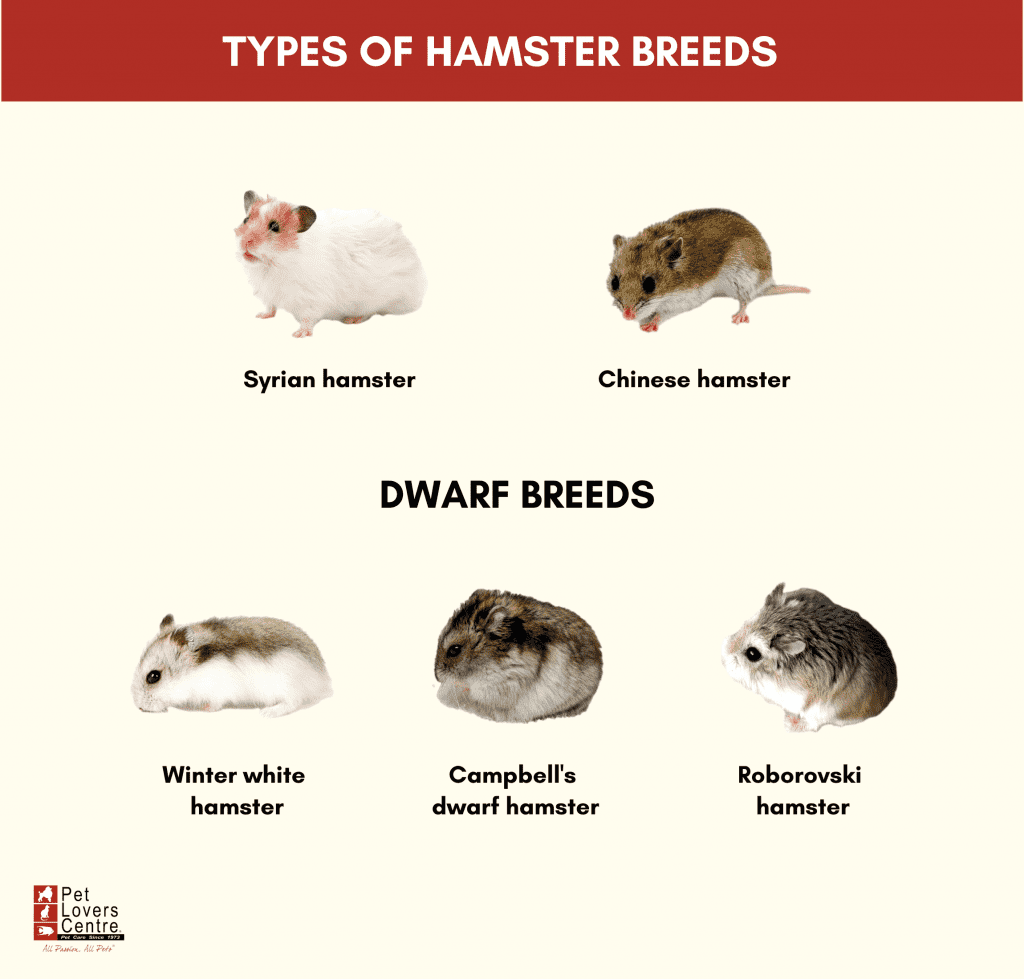Best Hamster Breeds for Long-Term Care
Hamsters are delightful pets that can bring joy and companionship into your home. However, choosing the right breed is crucial for not only your enjoyment but also for ensuring the long-term health and happiness of your furry friend. In this guide, we will explore the **best hamster breeds** for long-term care, focusing on their individual needs, characteristics, and care tips. If you’re considering adding a **hamster** to your family, let’s dive into the different breeds available!
Understanding Hamster Breeds
Before selecting a hamster breed, it is essential to understand that each type has distinct personalities, care requirements, and lifespan expectations. Some breeds are more sociable, while others enjoy solitary lives. This section will cover several popular types of hamsters to help you decide which one is best suited for your home.
Syrian Hamsters
Syrian hamsters are among the most popular hamster breeds and are well-known for their friendly nature and beautiful golden fur. They are typically larger than other breeds and are often considered good pets for beginners. These hamsters enjoy human interaction and can be very social with proper handling. Syrian hamsters prefer to live alone, as they can be territorial. Their average lifespan is about 2 to 3 years, making them a suitable option for long-term care if you commit to engaging with them daily.

Dwarf Hamsters
Dwarf hamsters, including the Campbell’s, Winter White, and Roborovski varieties, are smaller in size and very active. They are social creatures and can live with their siblings or partners as long as they are introduced properly. These hamsters can have unique personalities ranging from shy to very outgoing. They require a bit more space to roam due to their energetic nature. If you’re looking for a long-term companion, dwarf hamsters can provide countless hours of joy. However, their lifespan generally ranges from 1.5 to 3 years, and they won’t live as long as some other breeds.
Advantages of Owning a Hamster
Owning a hamster comes along with several advantages. They are relatively low-maintenance compared to other pets such as dogs or cats. Hamsters don’t require daily walks and can be kept in an appropriately sized cage. This section will explore the benefits of having a hamster along with some practical advice for their care.
Budget-Friendly Care
In terms of initial costs, hamsters are quite affordable. Basic supplies such as a cage, bedding, food, and toys can be obtained at a reasonable price. Regular veterinary visits are not typically necessary unless your hamster shows signs of illness. This makes hamsters a great pet option for those on a budget. However, it’s crucial to invest in quality products to ensure your hamster’s long-term health.
Time Commitment
While hamsters do need attention, they are a perfect fit for those who may have a busy lifestyle. Most hamsters are nocturnal, which means they are active during the evening hours. This allows you to spend time with them after work or school. Setting aside some time each day to play with or interact with your hamster will enrich their lives, ensuring they remain happy and healthy throughout their lifespan.
Creating the Perfect Habitat
A well-designed habitat can significantly improve your hamster’s quality of life. Proper cage setup ensures they have adequate space to explore, exercise, and feel secure. This section highlights essential elements you need in crafting the ideal environment for your beloved pet.
Cage Size and Setup
Choosing the right cage is vital. Syrian hamsters require at least 450 square inches of floor space, whereas dwarf hamsters can be satisfied with approximately 300 square inches. The cage should incorporate various levels, tunnels, and hiding spots to create an engaging environment. Providing them with different substrates, like aspen shavings or paper-based bedding, gives them options that promote digging behavior, satisfying their natural instincts.
Toys and Enrichment
Hamsters require mental and physical stimulation. Various toys like exercise wheels, tunnels, and chew toys are integral to their well-being. Involving them in playtime not only promotes your hamster’s physical health but also helps to build a bond between you and your pet. It’s important to rotate toys regularly to keep their environment exciting and fun.
Health Care for Hamsters
Understanding how to recognize and manage potential health issues in hamsters can aid in prolonging their lives. Regular maintenance will help you keep your pet in tip-top shape. This section discusses common health concerns and preventative care that every hamster owner should know.
Preventative Care
Regular maintenance includes cleaning their habitat and ensuring they have a proper diet. Additionally, introducing new foods gradually helps to prevent digestive issues. Keeping an eye on their weight and overall condition is crucial. A sudden change in weight—either gain or loss—can indicate health problems and should be addressed immediately.

Common Health Issues
Some common health issues in hamsters include wet tail, respiratory infections, and dental problems. Wet tail is particularly serious and can stem from stress and poor diet, so keeping them in a stable environment is vital. Regularly checking their fur and skin helps identify potential skin conditions early. Seeking veterinary advice as soon as you notice any strange behavior can mean the difference between successful treatment and a serious health crisis.
Key Takeaways
- Syrian hamsters are friendly and suitable for beginners.
- Dwarf hamsters are active and can thrive in pairs but require more space.
- Owning a hamster can be budget-friendly and not time-consuming.
- A proper habitat setup ensures long-term well-being and mental stimulation.
- Regular health checks and a balanced diet are essential for a long, healthy life.
FAQ
1. What is the average lifespan of a hamster?
Hamsters typically live between 1.5 to 3 years, depending on the breed. Syrian hamsters tend to have longer lifespans, averaging around 2 to 3 years, while dwarf hamsters usually live around 1.5 to 2.5 years. Proper care can extend their lifespan considerably.
2. Do hamsters need a companion?
Whether hamsters need companionship depends on the species. Syrian hamsters are solitary and should not be housed together, while dwarf hamsters like Campbell’s and Winter White tend to thrive with a companion. Always ensure proper introductions and monitor their interactions closely.
3. How much space do hamsters need?
Syrian hamsters require a minimum of 450 square inches of habitat space, while dwarf hamsters can comfortably live in a space of around 300 square inches. A larger cage allows for better enrichment options and promotes healthier behavior.
4. What should I feed my hamster?
A balanced diet consists of high-quality hamster pellets, fresh vegetables, fruits in moderation, and occasional treats like nuts. Ensure clean, fresh water is always available. Avoid feeding sugary or fatty foods to maintain your hamster’s health.
5. How often should hamsters be handled?
Daily handling, even if just for short periods, can foster a trusting relationship between you and your hamster. Start slow and allow them to adjust to your presence, gradually increasing interaction time as they become more comfortable.
